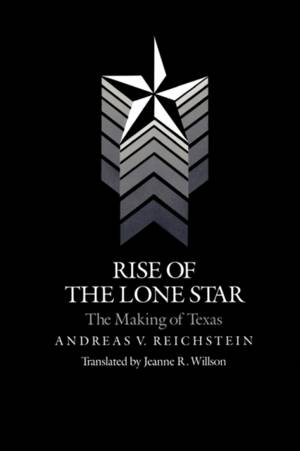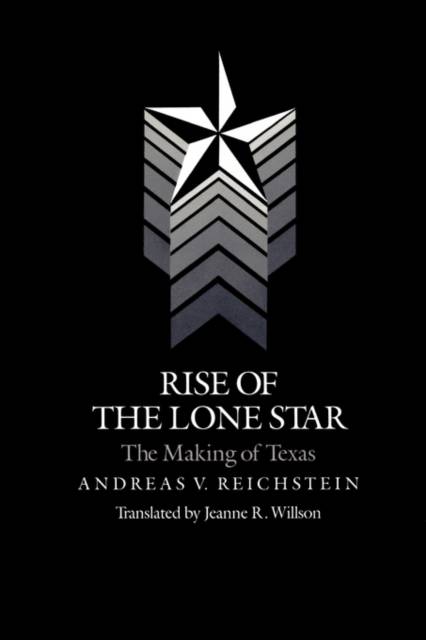
- Afhalen na 1 uur in een winkel met voorraad
- Gratis thuislevering in België vanaf € 30
- Ruim aanbod met 7 miljoen producten
- Afhalen na 1 uur in een winkel met voorraad
- Gratis thuislevering in België vanaf € 30
- Ruim aanbod met 7 miljoen producten
Zoeken
Omschrijving
Patriotic Texans have long sung the praises of their revolutionary heroes, such as Stephen F. Austin and Sam Houston. Some historians have even contributed their own encomiums, while others have cast a less romantic gaze upon Texas' past. But a complete, scholarly analysis of the persons, politics, and events that created the Republic of Texas was not among the material on Texas' so-called revolution that has been published in the last century. Andreas V. Reichstein offers this volume to fill that gap in the literature. From the perspective of a non-native, he has analyzed modern and contemporary writings on Texas' war of independence and explored the role that Freemasonry, land speculation, and the idea of Manifest Destiny played in the transformation of Texas from Mexican province to independent republic and to state of the Union in quick succession. From the 1821 declaration of Mexico's independence and that of Texas in 1836, Reichstein describes the historical contexts of the deals made between governments and private citizens, to parcel out the land of Texas. Rather than following the lead of previous historians, he refutes some of their theories about the reasons for the war and the motives of its supporters. Although Reichstein's research might be considered iconoclastic by some, the old image of, for example, Stephen F. Austin as a modest, isolated, and altruistic founding father is less in keeping with the image of the modern Texas hero. Reichstein removes the heavy mantle of myth to reveal Austin as a shrewd, networking entrepreneur. Extensive research into collections of manuscripts and papers brought to light the privately expressed motives of those Protestant Americans who settled in the Catholic, Mexican province of Texas and then made it their own. Assiduously documented, this volume brings the creation of the nation and the state of Texas onto the stage of world history.
Specificaties
Betrokkenen
- Auteur(s):
- Uitgeverij:
Inhoud
- Aantal bladzijden:
- 328
- Taal:
- Engels
Eigenschappen
- Productcode (EAN):
- 9781585440535
- Verschijningsdatum:
- 1/12/1989
- Uitvoering:
- Paperback
- Formaat:
- Trade paperback (VS)
- Afmetingen:
- 154 mm x 234 mm
- Gewicht:
- 489 g

Alleen bij Standaard Boekhandel
+ 55 punten op je klantenkaart van Standaard Boekhandel
Beoordelingen
We publiceren alleen reviews die voldoen aan de voorwaarden voor reviews. Bekijk onze voorwaarden voor reviews.











